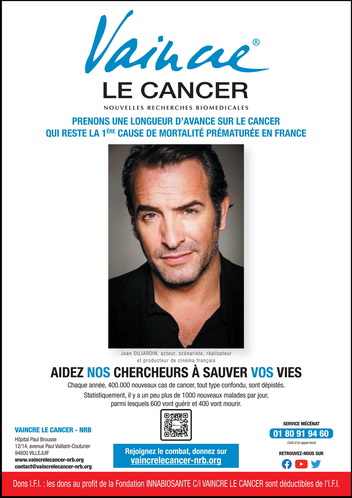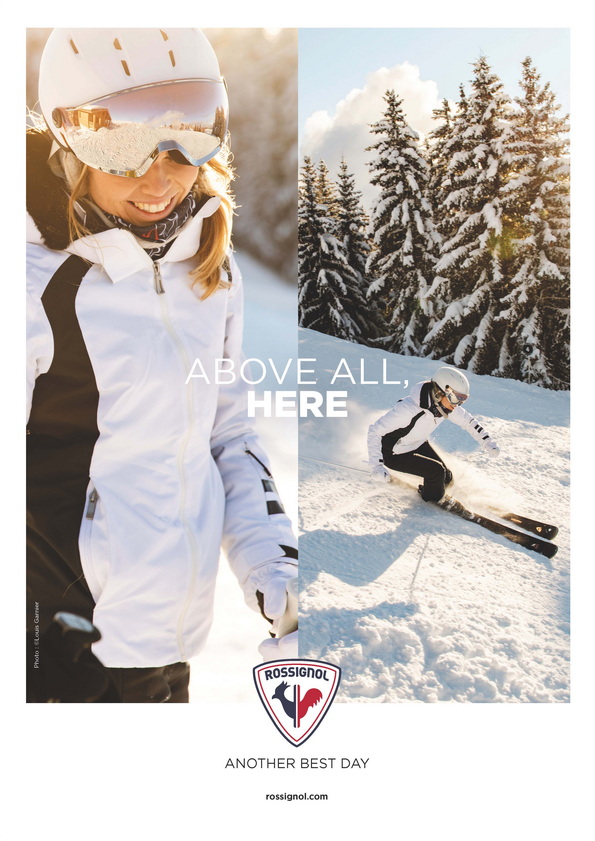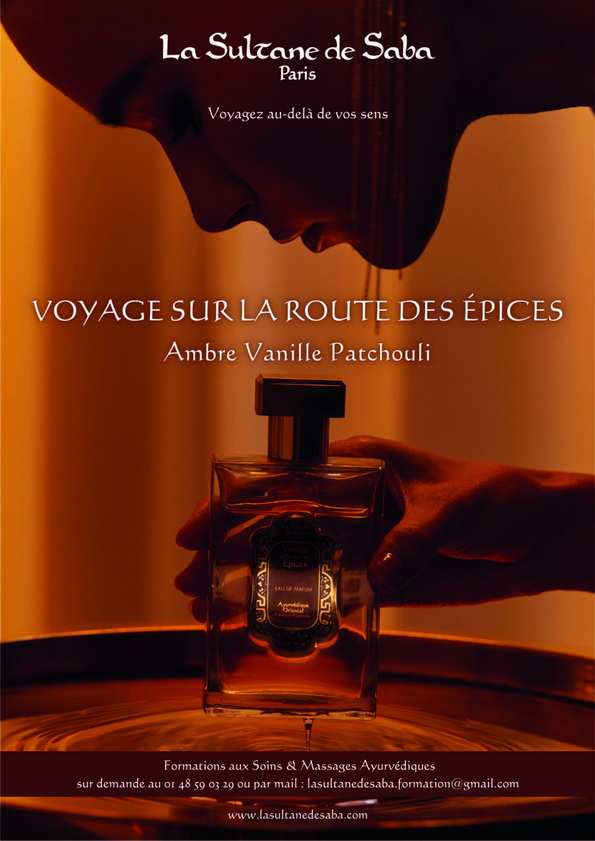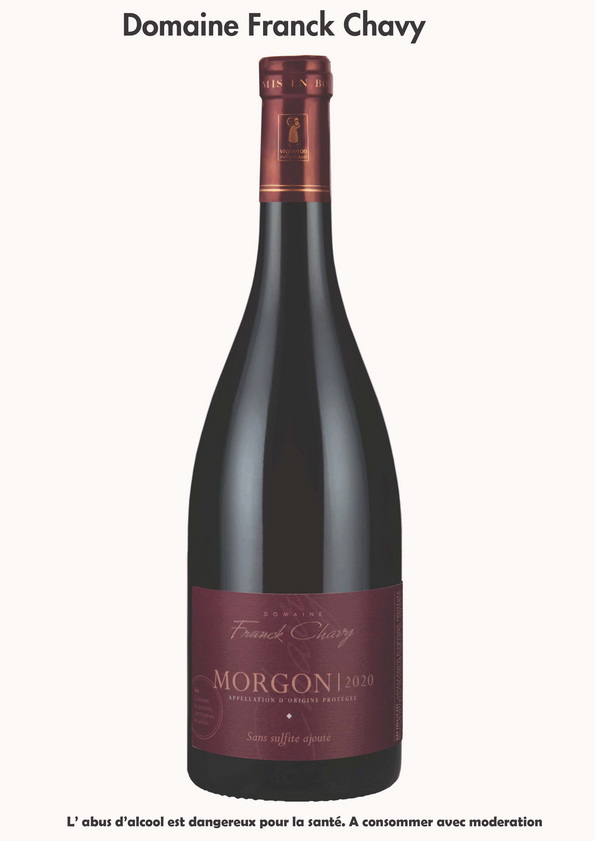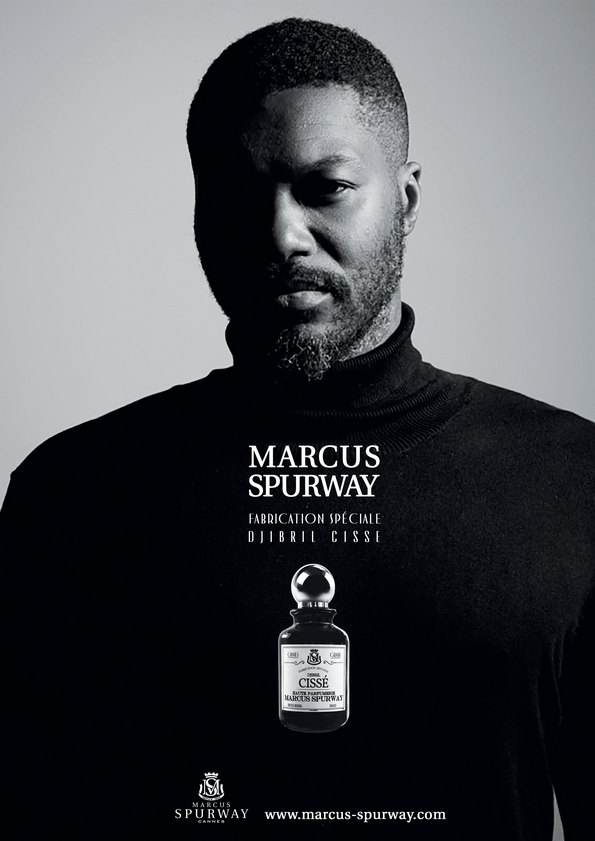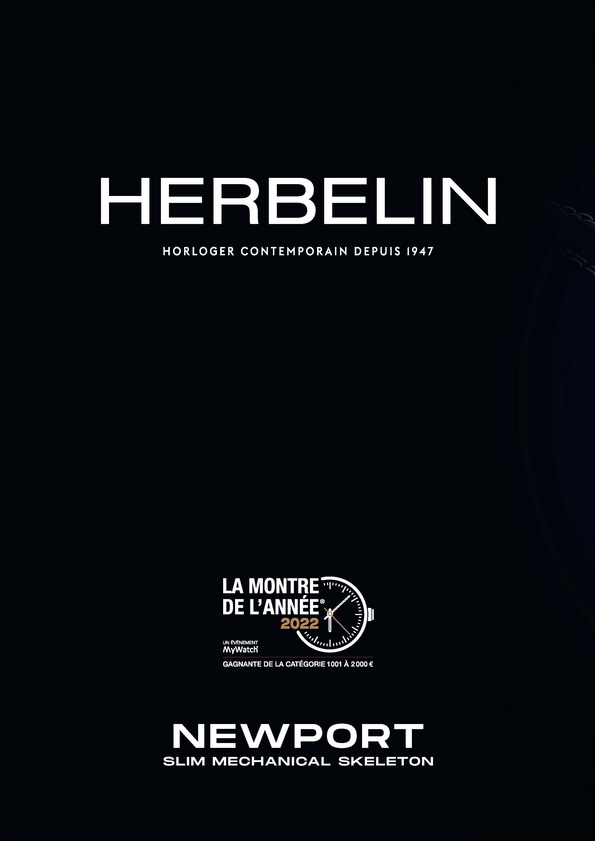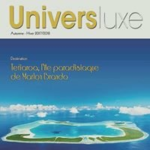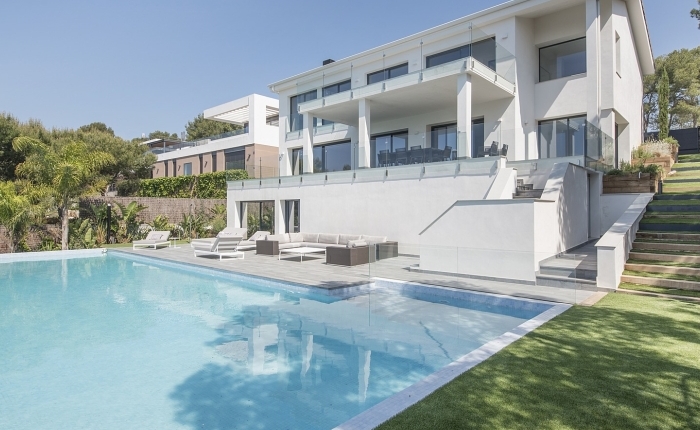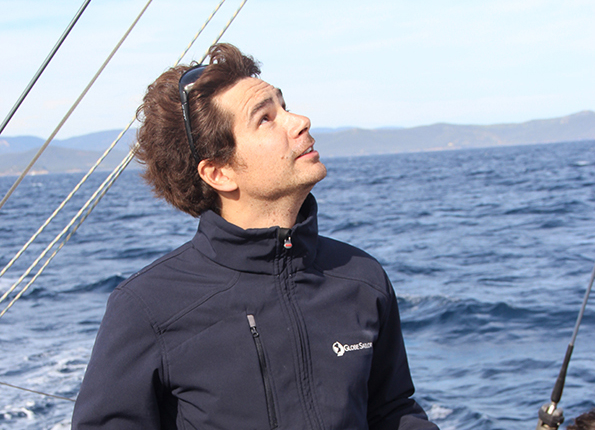Entrepeneur’s course
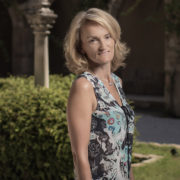
When she took the reins of Château Sainte Roseline in 2007, Aurélie Bertin aimed to continue to develop this Provence ‘Cru Classé’ winery and make sure the estate is on a sustainable development path. They are two ambitious challenges that she has met with passion and energy.
The Château Sainte Roseline is a place with a large history. Can you tell us a little bit about it?
Roseline de Villeneuve, the eldest daughter of the Lord of the Arcs, is remembered because of the many miracles that are attributed to her. She died in 1329 and was canonized in the 19th century. When her brother returned from the crusades several years after her death, he asked to exhume her body and was met with a great surprise ; she had remained intact! She now rests in the chapel and attracts many tourists each year. The communal chapel is classified and the cloister is cited a Historical Monument. The vineyard is one of the most visited places in the Var. The first vines were planted on the estate in the 14th century by the Bishop of Fréjus. My parents acquired the estate in 1994, but it was the Baron de Rasque de Laval, former owner, who is responsible for its status in Provence. The Sainte Roseline estate has a double peculiarity: to have the status as both ‘cru classé’ and as a classified site. The actions of the Baron de Rasque of Laval was decisive for the “Côtes de Provence” which celebrates its 40th year.
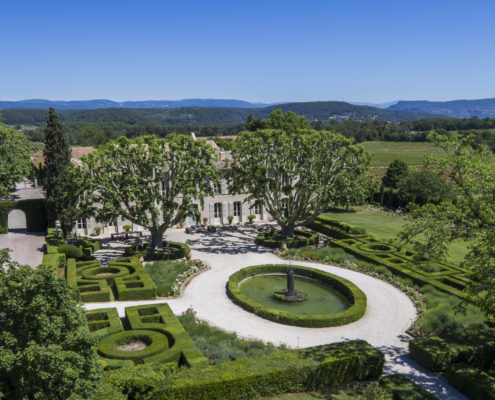
Tell us about your production ...
We produce three kinds of wines: rosé, white and red. As for the Côtes de Provence, production is around 90% rosé, 7% red and 3% white. At Château Sainte Roseline, we work with more reds and whites than average as we produce about 60% rosé, 30% red and 10% white. Our clay and limestone land, fed by a natural water source, allows us to produce excellent red wines. Since 1994, we have enlarged the area and replanted nearly half of the vineyard. Spread across 180 hectares of land, Château Sainte Roseline now has 110 hectares of vines.
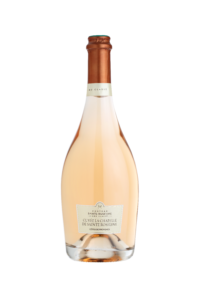
What are your different types of wine ?
We offer four ranges of classified vintage wine. Among them, the “Lamp of Medusa” which unveils a new face this year. It was created in 1950 by the Baron de Rasque de Laval and its emblematic glass bottle remains the same but with a more modern look. La Chapelle de Sainte Roseline was launched in 2007 and is an exceptional high end cuvée which also has a new look. We sell 500,000 bottles a year in France and abroad, including 100,000 bottles sold in the cellar. The trend leans towards rosé and we have benefited greatly from it. In 1994, the market share for rosé represented 7% of the total consumption, compared with 30% today. Provence has become the world capital of rosé.
What grape varieties are used?
To make great red wine, we use mainly syrah and cabernet sauvignon. For the whites, we work with rolle: a fatty and aromatic variety that goes very well in barrels. The rosés are made from grenache, cinsault, mataro, syrah and tibouren. This explains why the wines from Sainte Roseline maintain a certain structure in the mouth. What sets us apart is our ability to offer a fantastic rosé as well as whites and reds. Over the last 8 months, we have undertaken an active approach to sustainable development with the aim to obtain the VDD (Vignerons en Développement Durable) label.
What are your plans for the future?
When I arrived in 2001 to help my father, my job was to organize events. My priority was to develop wine tourism by organizing exhibitions and theme days. We still have a very strong desire to offer beautiful, quality events such as the Gloriana Festival, the Rose Salon and Truffle Day, which all promote a high end image of our products.
What about the Chateau des Demoiselles, which you also currently own?
This 70 hectare estate was acquired by my father in 2005 and I took over the reins two years later. I plan to enlarge the Château des Demoiselles and to increase it to 80 hectares within the next three years. In total, we will have invested two million euros on the two properties. We are one of the leaders in Provence and we intend to keep this position in years to come.

